We are so excited to incorporate acupuncture as one of our many wellness services at SPC&W! Don’t let the needles scare you! Acupuncture does involve the insertion of very thin needles through your skin at strategic points on your body, but they are SO tiny! It’s a key component of traditional Chinese medicine, from treatment of pain to overall wellness promotion and many things in between.
What types of illnesses does acupuncture treat?
Acupuncture is often associated with pain control, but in the hands of a well trained practitioner it has much broader applications.
The World Health Organization recognizes the use of acupuncture in the treatment of a wide range of medical problems, including…
Digestive disorders
gastritis and hyperacidity, spastic colon, constipation, diarrhea, nausea, vomiting
Respiratory disorders
sinusitis, sore throat, bronchitis, asthma, recurrent chest infections
Neurological and muscular disorders
headaches, facial tics, neck pain, rib neuritis, frozen shoulder, tennis elbow, various forms of tendinitis, low back pain, sciatica, osteoarthritis, post-operative pain
Menstrual problems
amenorrhea, dysmenorrhea, PMS
Drug, alcohol and nicotine addiction
Urological and reproductive problems
What should I expect from my first acupuncture treatment?
Your first visit begins with a thorough review of your past medical history and chief concern. Traditional Chinese medicine methods of diagnosis can include taking your pulse, examining your tongue, and palpation for tenderness on the abdomen and at various acupuncture points. It is important for us to address both primary and acute issues, as well as the underlying cause of your signs and symptoms. Then a treatment plan will be developed and implemented. Needles are inserted into various points to help regulate and balance the flow within the meridians to re-establish the body’s natural, inherent healing capability.
How should I prepare for my first treatment?
Have a light meal or snack 1-2 hours prior to your treatment. It's best not to come to your appointment hungry or too full. Don't participate in heavy exercise or consume alcoholic beverages right before or after the treatment. Also, avoid caffeine immediately before your appointment. Please wear loose and comfortable clothing that allows your lower arms and legs to be easily exposed.
Does acupuncture hurt?
Most say absolutely not! Pain is a relative experience of course - some clients are very sensitive, and some are not though. Some patients have needle phobia. We support each patient and maintain proper needling technique. The majority of people feel very little to no pain. The needles are extremely thin, and are not hollow like the ones given when receiving traditional injections. Most people feel a tiny prick upon insertion, and that is all.
Once a needle reaches its intended depth, you’re likely to feel a mild, dull ache or a slight tingling sensation. This may be a sign that the treatment is working and the acupuncture point is being activated. You may also feel a heavy or electric sensation. Feelings of warmth may arise at the acupuncture points and your body may feel temperature changes.
If you feel anything that’s a severe or sharp pain, you should let your acupuncturist know. Most of the time sharp pain or discomfort will be fleeting and last only a few seconds.
The most common needling experience is a profound sense of relaxation, and after the treatment a generous increase in energy.
How many treatments will I need?
This depends on the severity and duration of the health condition being addressed, the frequency of treatment, as well as the patient’s lifestyle and dietary habits. Generally speaking, a standard course of treatment for a chronic condition consists of ten treatments over the course of ten weeks. This is the most commonly prescribed treatment protocol. Although, some clients respond after only 2-3 treatments while others may require consistent treatment for 3-6 months. Many patients schedule regular appointments for balance and continued health maintenance even after the initial condition has resolved.
Are there any side effects or complications?
Acupuncture is an extremely safe method of natural healing when performed by a professionally trained practitioner. On occasion there can be slight bleeding or bruising, and muscle soreness post treatment as a result of the needling method, or body area where the needles are placed.
There are also times when patients go through a healing response in the form of an aggravation of symptoms, a positive sign that the condition is improving. Some clients may feel the need to rest or sleep after a treatment, also a positive sign that the body is healing. It is advised to have at least an hour post treatment for integration.
Ready to try acupuncture?! Call or text us to book your appointment with Erika at 614-710-0075!

